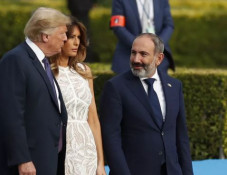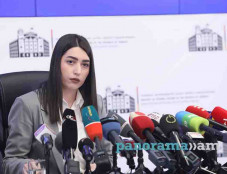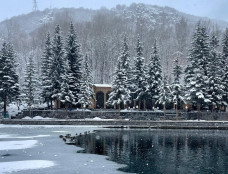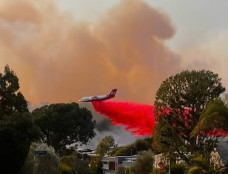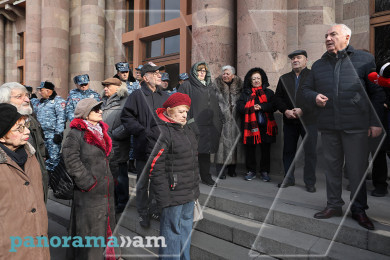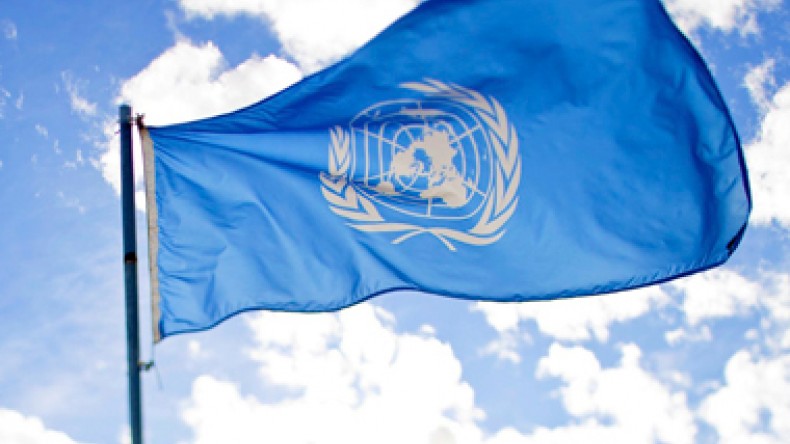
Religious persecution in Middle East at core of UN joint statement
Those being persecuted due to their faith in the Middle East require the attention of the international community.
Archbishop Silvano M. Tomasi, Permanent Observer of the Holy See to the United Nations and Other International Organizations in Geneva, underscored this on Friday, when reflecting on the just-released joint statement, titled "Supporting the Human Rights of Christians and other Communities, particularly in the Middle East," Zenit.org reports.
The statement was presented on Friday during the assembly of the 28th Session of the Human Rights Council in the Palais des Nations, Geneva.
"As an act of solidarity with those Christians and persons from other communities suffering from grave and continuous violations of their human rights," Archbishop Tomasi said, "a core group composed of the Russian Federation, Holy See and Lebanon, has formulated a Joint Statement entitled "Supporting the Human Rights of Christians and other Communities, particularly in the Middle East."
"While highlighting the perilous situation that Christians face in that region," the Vatican official continued, "the statement clearly recognizes the abuses that are suffered by persons from any religious, ethnic and cultural background simply because they want to exercise their freedom of religion and belief without being persecuted or killed."
The declaration, he said, has been formally accepted and signed by a wide number of States, "which manifests a positive political will to support human rights and to move toward an elimination of these violations."
Looking at the statement, it underscores that the Middle East is living in a situation of instability and conflict "that recently has been aggravated" and has "disastrous" consequences for the entire population of the region.
It notes that the existence of many religious communities is seriously threatened and Christians are so affected that, "These days, even their survival is in question."
The joint statement goes on to say, "We are confident that governments, all civic and religious leaders in the Middle East, will join us in addressing this alarming situation by building together a culture of peaceful coexistence" and calls upon the international community "to support the deeply rooted historical presence of all ethnic and religious communities in the Middle East."
The States endorsing the joint statement on "Supporting the Human Rights of Christians and Other Communities, particularly in the Middle East" are: Russian Federation, Lebanon, Holy See, Andorra, Armenia, Australia, Austria, Belarus, Belgium, Bosnia and Herzegovina, Bulgaria, Canada, Congo, Croatia, Cuba, Cyprus, Denmark, El Salvador, Finland, France, Germany, Greece, Guatemala, Haiti, Honduras, Hungary, Iceland, Iraq, Ireland, Israel, Italy, Liechtenstein, Luxemburg, Malta, Monaco, Netherlands, Panama, Peru, Philippines, Poland, Portugal, Romania, San Marino, Serbia, Slovakia, Slovenia, Somalia, Sovereign Military Order of Malta, Spain, Switzerland, United Kingdom, and the United States of America.
Newsfeed
Videos





